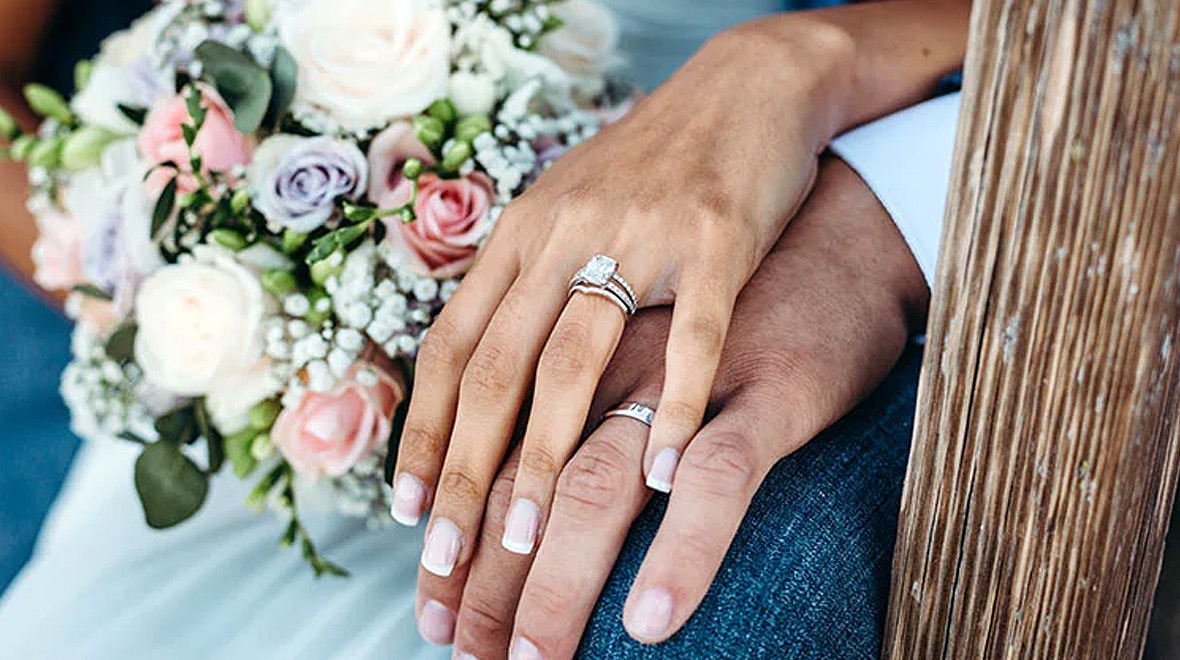Manks
Rough_Rock
- Joined
- Nov 30, 2003
- Messages
- 92
Hi there
I live in the UK and am very tempted by the good deals I can get on stones in the US. Trouble is, flying over for one stone seems impractical, so it would be good to be able to to it all by post.
Can anyone suggest a good process for buying a stone from one of the Internet dealers and having it shipped. I ask for a "good process" because I need someone to physically inspect the stone and confirm that it behaves in the way I expect it to, given its dimensions on paper.
I also need to understand your sales tax system.
I THINK that, technically, I get to buy without tax, but that I have to pay import duty and Value Added Tax at this end. Perhaps someone could confirm this, if they have any experience of the game.
Many thanks
Manks
I live in the UK and am very tempted by the good deals I can get on stones in the US. Trouble is, flying over for one stone seems impractical, so it would be good to be able to to it all by post.
Can anyone suggest a good process for buying a stone from one of the Internet dealers and having it shipped. I ask for a "good process" because I need someone to physically inspect the stone and confirm that it behaves in the way I expect it to, given its dimensions on paper.
I also need to understand your sales tax system.
I THINK that, technically, I get to buy without tax, but that I have to pay import duty and Value Added Tax at this end. Perhaps someone could confirm this, if they have any experience of the game.
Many thanks
Manks











300x240.png)